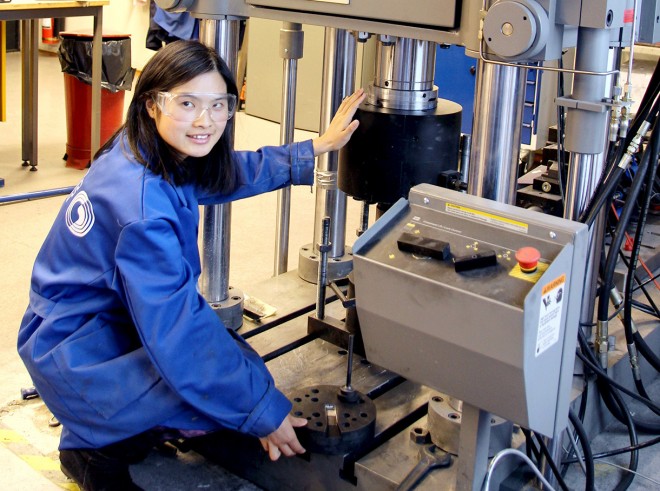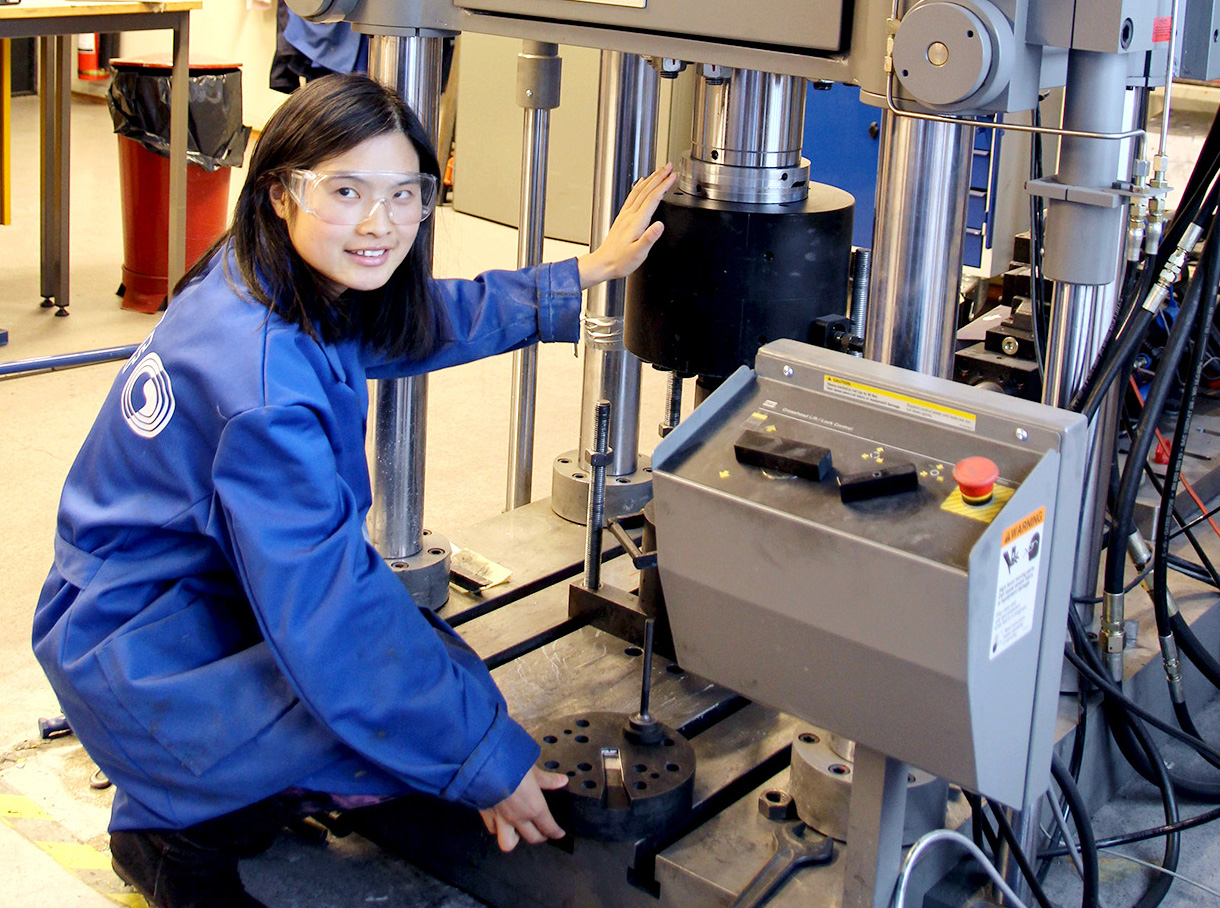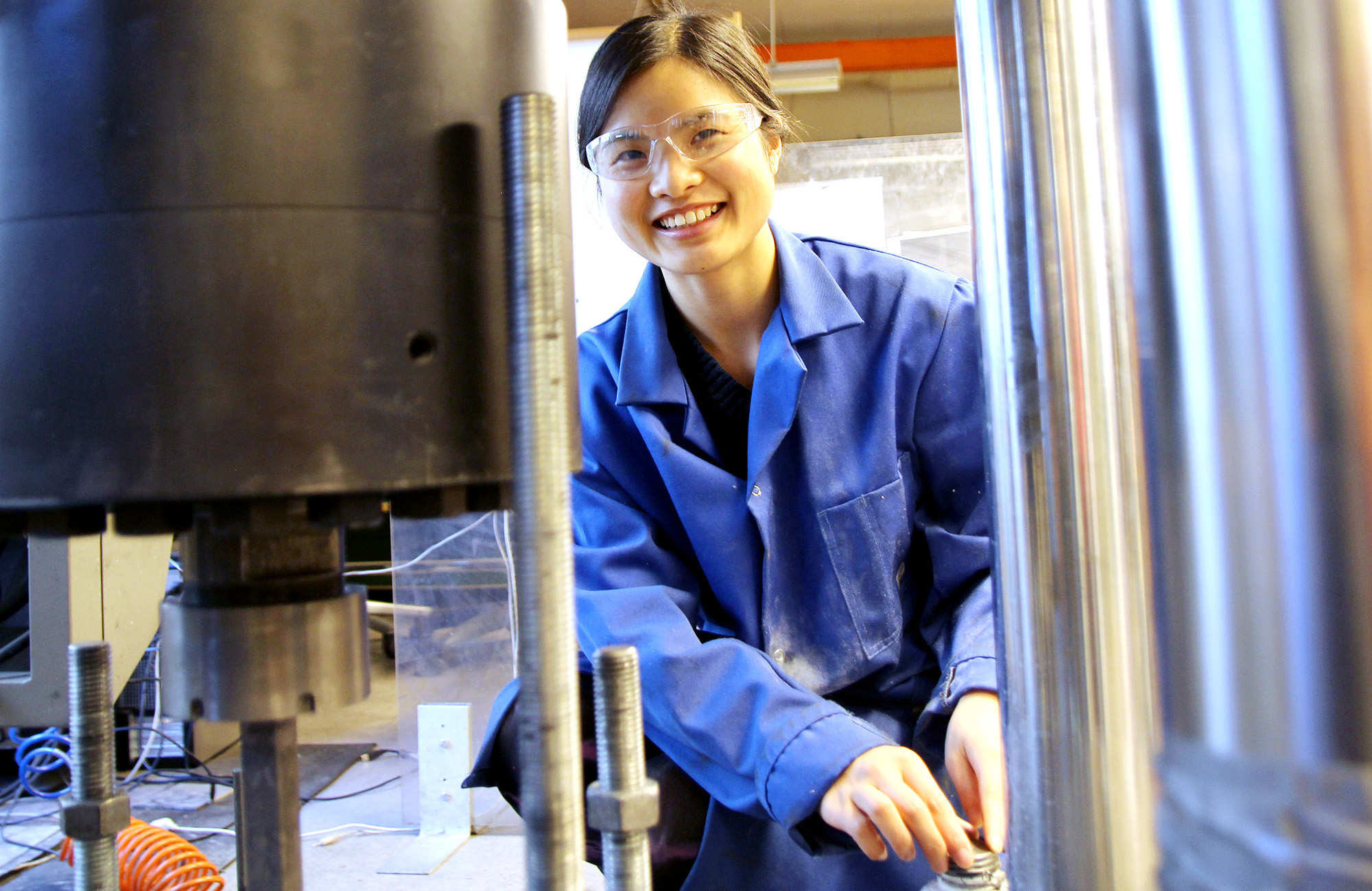In my PhD project, I have applied a new technology for future production of nanostructured metals. I have studied two different types of aluminium (aluminium containing magnesium and aluminium containing bismuth) with this technology.
My goal was to find a suitable process for light metals having superior high strength combined with good deformability. Such materials can be produced by having a good combination of the inner structure components such as foreign atoms and small size grains (crystals). In fact, the grains (crystals) had a size ranging from the nano-level to a few micro-meters.
My project was very successful:
1) I was able to design a process where aluminium containing magnesium had strength typical of high strength steels. Since both aluminium and magnesium are very light, I believe such a high strength can open up for innovative products in many sectors, such as advanced components in cars, mobile phones, computers, aircrafts, subsea constructions and sport equipment.
2) For the aluminium containing bismuth, one demonstrated high strength and an optimum distribution of the bismuth particles in the aluminium. Also here, the right combination of the inner structure at small scale was the successful factor. I believe this material is a candidate for new and better products such as bearing components in cars. Since bismuth is soft, this material has self-lubrication properties and this is important for a wide range of components in everyday life.
Popular technology world-wide
The applied technology is called ‘Equal Channel Angular Pressing’ (ECAP). Over the last decade, it has attracted the interest of many research institutions world-wide. The ECAP technology allows very high deformation of the material, without affecting the shape. This makes this process available for further processing to advanced, or complex shaped products.


